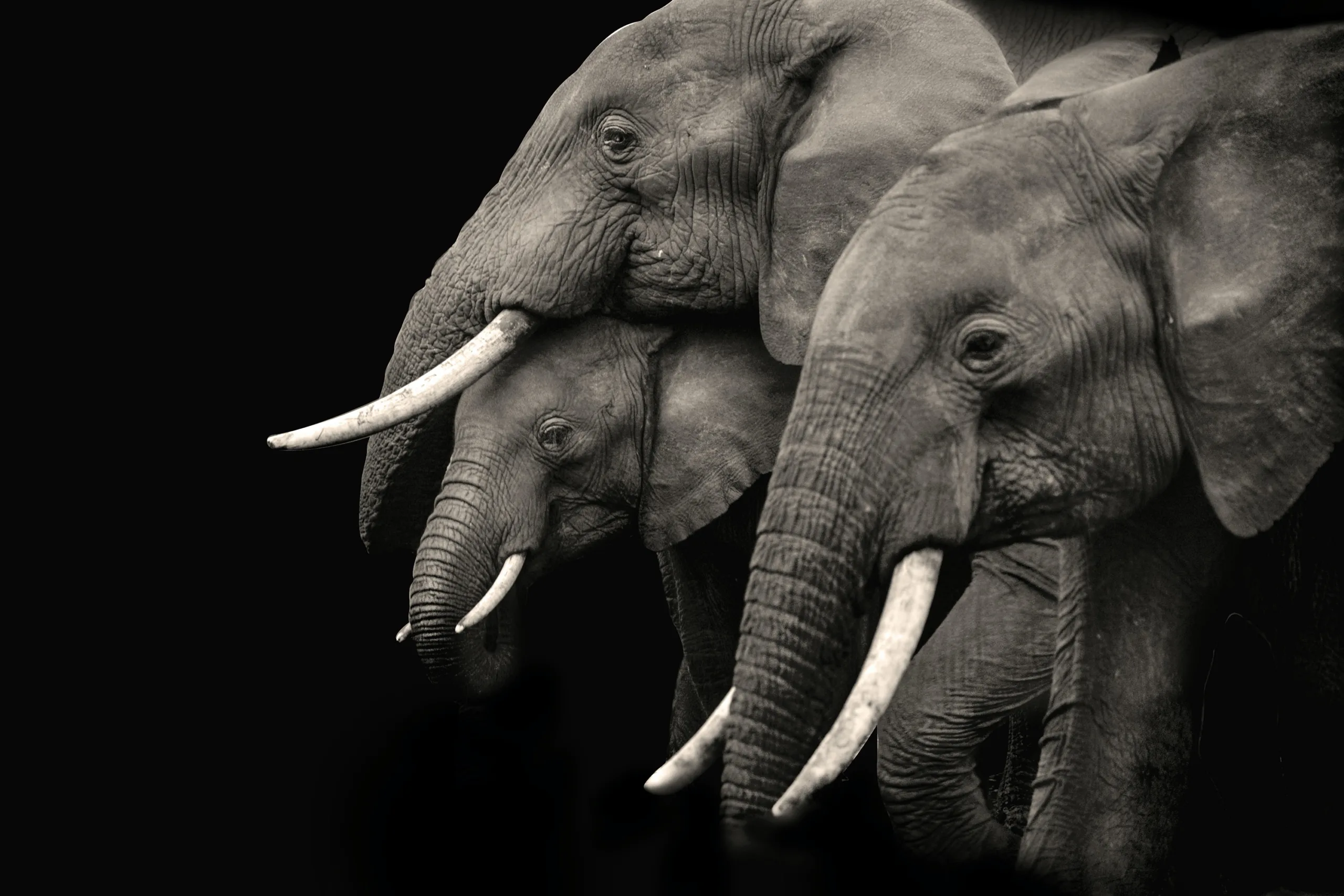Introduction
In the vast tapestry of nature’s creations, elephants stand as magnificent beings, admired for their grace, strength, and intelligence. These gentle giants possess an innate sense of presence and awareness that aligns closely with the principles of mindfulness. By delving into the realm of elephant mindfulness, we can unlock valuable lessons about cultivating presence, wisdom, and interconnectedness in our own lives.
Understanding Mindfulness
Before we embark on our exploration of elephant mindfulness, let us first understand the essence of mindfulness itself. Mindfulness is a practice rooted in ancient contemplative traditions, such as Buddhism, and has gained widespread recognition for its transformative effects on well-being and mental clarity. At its core, mindfulness is the art of paying deliberate attention to the present moment, with an attitude of non-judgment and acceptance.
FAQs
Q: How do you train an elephant mindfulness?
Training elephants in mindfulness requires a deep understanding of their natural behavior and an approach that emphasizes compassion and trust. Techniques such as positive reinforcement, gentle guidance, and the establishment of a safe and calm environment can aid in cultivating their innate capacity for mindfulness.
Q: How do you train an elephant?
Training elephants involves a delicate balance of building a strong bond, earning their trust, and using positive reinforcement techniques. Training methods vary, but it is important to prioritize their welfare and promote their natural behaviors while ensuring the safety of both the elephants and their trainers.
Q: What is the practice of mindfulness?
The practice of mindfulness involves intentionally directing our attention to the present moment and cultivating an attitude of curiosity, openness, and non-judgment. It often involves techniques such as focused breathing, body scans, and mindful movement, all of which aim to enhance self-awareness, reduce stress, and foster a sense of well-being.
Q: What is mindfulness and why is it important?
Mindfulness is important because it offers us a pathway to navigate the complexities of our modern lives with greater clarity and compassion. By cultivating mindfulness, we can become more attuned to our thoughts, emotions, and bodily sensations, allowing us to respond skillfully to challenging situations, manage stress, and nurture deeper connections with ourselves and others.
Q: What is elephant mindset?
Elephant mindset refers to the cognitive and emotional patterns that characterize elephants’ unique mental and social lives. Elephants exhibit a high level of social intelligence, empathy, and long-term memory, making them highly adaptable and cooperative beings. Elephant mindset encompasses their ability to navigate complex social relationships, remember locations and individuals, and exhibit emotional sensitivity.
Q: What is the elephant technique in psychology?
In psychology, the elephant technique draws inspiration from the metaphor of an elephant and its rider. The “elephant” represents the automatic, emotional, and instinctive processes in our minds, while the “rider” symbolizes the conscious, rational part of our minds. The technique focuses on understanding and harmonizing the interplay between these two aspects, enabling us to navigate our thoughts, emotions, and behaviors more effectively.
The Wisdom of Elephant Mindfulness
Elephants possess innate qualities that align closely with the principles of mindfulness. Their presence, attention to the environment, and strong social connections exemplify the core tenets of mindfulness practice. By observing elephants in their natural habitats, we can draw inspiration and gain valuable insights into deepening our own mindfulness practice.
Benefits of Elephant Mindfulness
Cultivating elephant mindfulness can yield numerous benefits in our lives. By adopting the wisdom of elephants, we can:
- Enhance presence and awareness: Elephants excel in being fully present in the moment, attentively observing their surroundings. Emulating their presence can help us cultivate a deep sense of awareness and appreciation for the present moment.
- Foster interconnectedness: Elephants exhibit strong social bonds and cooperative behavior. By recognizing the interconnectedness of all beings, we can nurture empathy, compassion, and a sense of belonging in our own lives.
- Develop emotional intelligence: Elephant societies demonstrate emotional sensitivity and communication. By embracing their emotional intelligence, we can cultivate a greater understanding of our own emotions and those of others, fostering more meaningful connections.
- Cultivate resilience and adaptability: Elephants navigate diverse environments and exhibit remarkable adaptability. By embodying their resilience, we can face life’s challenges with grace and flexibility.
External Links
To further explore the realms of elephant mindfulness, consider visiting the following external resources:
- National Geographic: Elephant Mindfulness
- Elephant Aid International
- Mindful.org: Introduction to Mindfulness
Conclusion
In the noble presence of elephants, we find a source of inspiration for our mindfulness journey. By embracing the wisdom of these gentle giants, we can deepen our understanding of presence, interconnectedness, and emotional intelligence. Let us embark on this exploration of elephant mindfulness, allowing its lessons to guide us toward a more mindful and compassionate existence.
